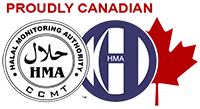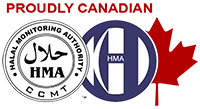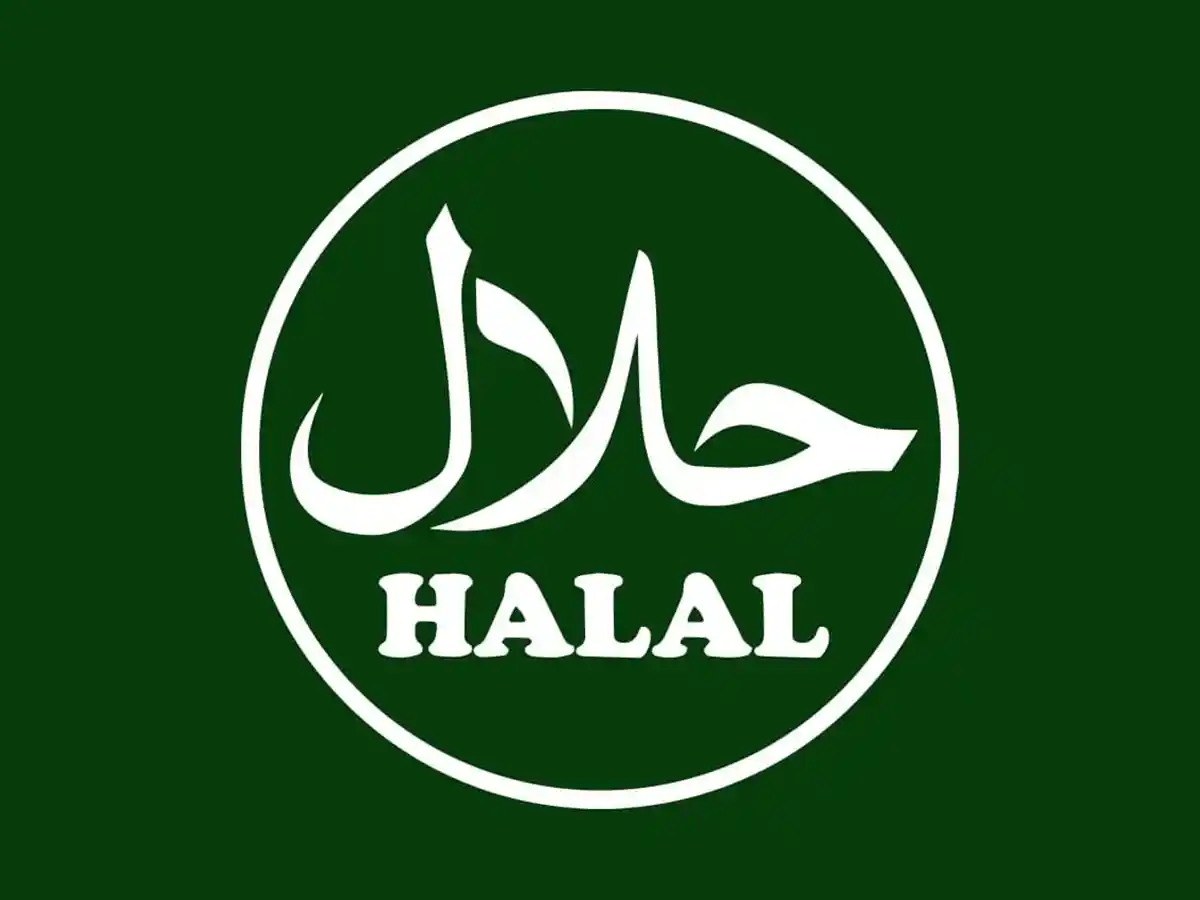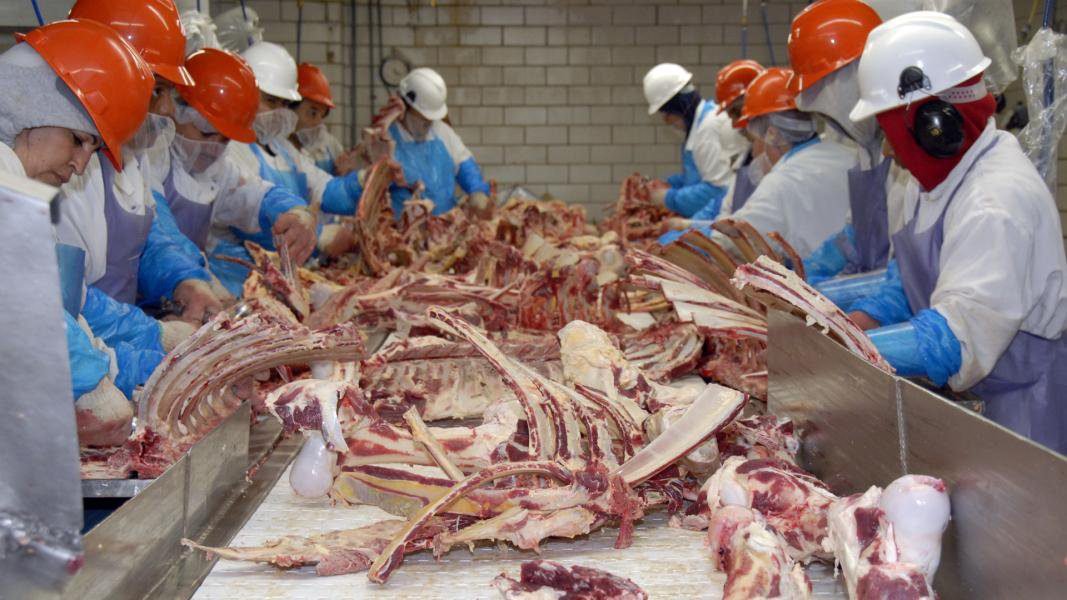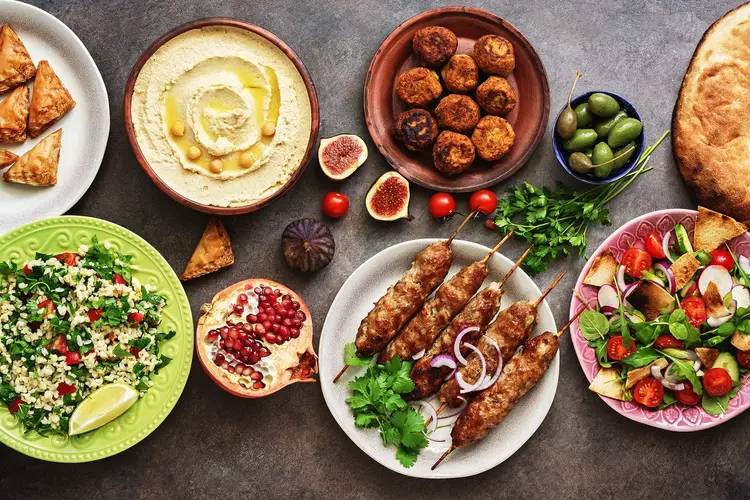To understand the significance and implications of Halal certification, it is first necessary to understand the concept of Halal. Although this word embraces all sorts of practices, it is most commonly associated with food, permitted according to Sharia, or Islamic law, as helpful and healthy habits for people that provide fewer health risks and improve the quality of life. Today’s
Muslims view Halal as a lifestyle, a worldwide and fundamental idea that influences and impacts everyday concerns such as food, hygiene, health, economics, fashion, trade, and tourism.
In Muslim nations, the phrase refers to any permitted conduct under Islamic law, with a more limited meaning than the literal, translated as permitted. However, in nations where Arabic is not spoken, the word is usually simplified to Islamic dietary regulations, particularly in meat and poultry. It is impossible to tell if a product is halal or not, merely by looking at it, which is why halal certification is required. The purpose of halal food certification is to make it easy for Muslim customers to determine which foods are Halal or Haram and reduce misunderstanding over problematic goods. Because of technological advancements, many customers anticipate greater openness in the food manufacturing process. They demand assurances about humane techniques, and many customers are increasingly tracking their food “from farm to fork.” Because Halal foods necessitate stringent manufacturing requirements, people are increasingly viewing Halal food items as healthful, organic, ethical, and “animal-friendly.” For their part, Muslim customers wish to live a Halal lifestyle and are often knowledgeable about food firms that adhere to Halal standards; the stamp of approval from a certifying authority is vital. It is hard to construct a complete list of permitted substances without understanding the source of an item or the production line, where halal certification comes in.
To overcome all the concerns of Muslim consumers about Halal and Haram products in Canada, the Jami’yyatul Ulama Canada (CCMT) decided to form a uniform verification and certification body. The HMA, the Halal Monitoring Authority, was created by CCMT to put in place, simplify, and provide a precise, reliable certification system. And to establish a unified central certification board to move us forward in our Islamic duty of facilitating our moral and obligatory right.
According to the Pew Research Center’s Project, there are presently more than 1.9 billion Muslims globally, accounting for a little less than 25% of the global population. This figure has gradually increased over the last decade, and the same poll predicts that by 2030, there will be more than 2.2 billion Muslims worldwide. The sheer financial power of this population is perhaps more remarkable. In 2018 Muslim expenditure in the foodstuff, pharmaceutical, and lifestyle expenditure amounted to $2.2 trillion. This figure would increase to the $ 3.2 trillion in 2024, according to an estimated assessment. The survey also estimates the halal food business spread from over $1.37 trillion in 2018 to about $1.97 trillion in 2024. The research forecasts explanatory growth. This implies that a company may appeal to a broader range of customers by creating halal-certified items, particularly in Muslim-majority nations.
Ingredient tracking is becoming increasingly tricky as supply networks grow more worldwide. Food manufacturing was easier when all of the components of a product originated from the same place. For the ordinary customer, interpreting all of the information about a product’s inputs to ascertain its halal certification is too difficult. This is when professional bodies, functioning as halal certifiers, step in. Without halal certification, customers must contact a firm directly to see whether a product is OK for them to consume. Imagine doing that for every item in your grocery trolley, and you’ll understand why halal certification is so vital to Muslim wellbeing.
It is also the role of these technical bodies to work with national governments to evaluate the halal status of local items for export so that a halal-certified the product can be certified in another country. Anything that adds peace of mind in this uncertain world or streamlines the import/export procedure indicates a road to obtaining more consumers, making halal certification beneficial to companies in more ways than one. Halal certification is a crucial step for the Muslim market. By obtaining a product certification, a firm will convey a signal to customers that they are committed to continual quality standards and that their external agencies can check them further. As the number of Muslims continues to rise, so does the need for halal products.
If you want to get halal-certified products in Canada, contact HMA. We are the most halal certifier in Canada. HMA Canada does more than certify products. Throughout the procedure, we are with them. It’s the only method to guarantee that the food our customers eat is 100% halal. So please contact us if you want to obtain halal-certified products or if you have any questions. Our professionals will get back to you as soon as possible.
